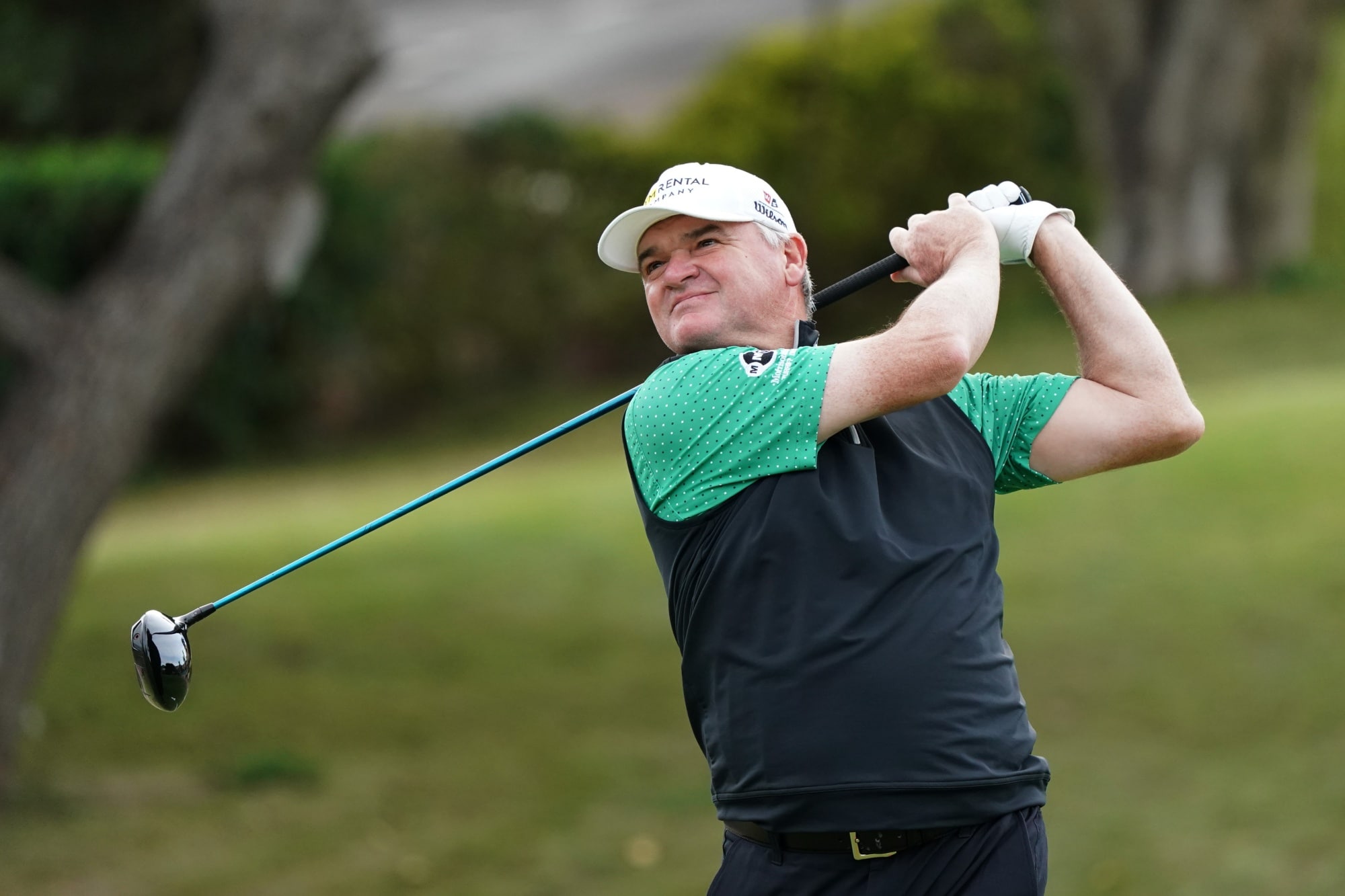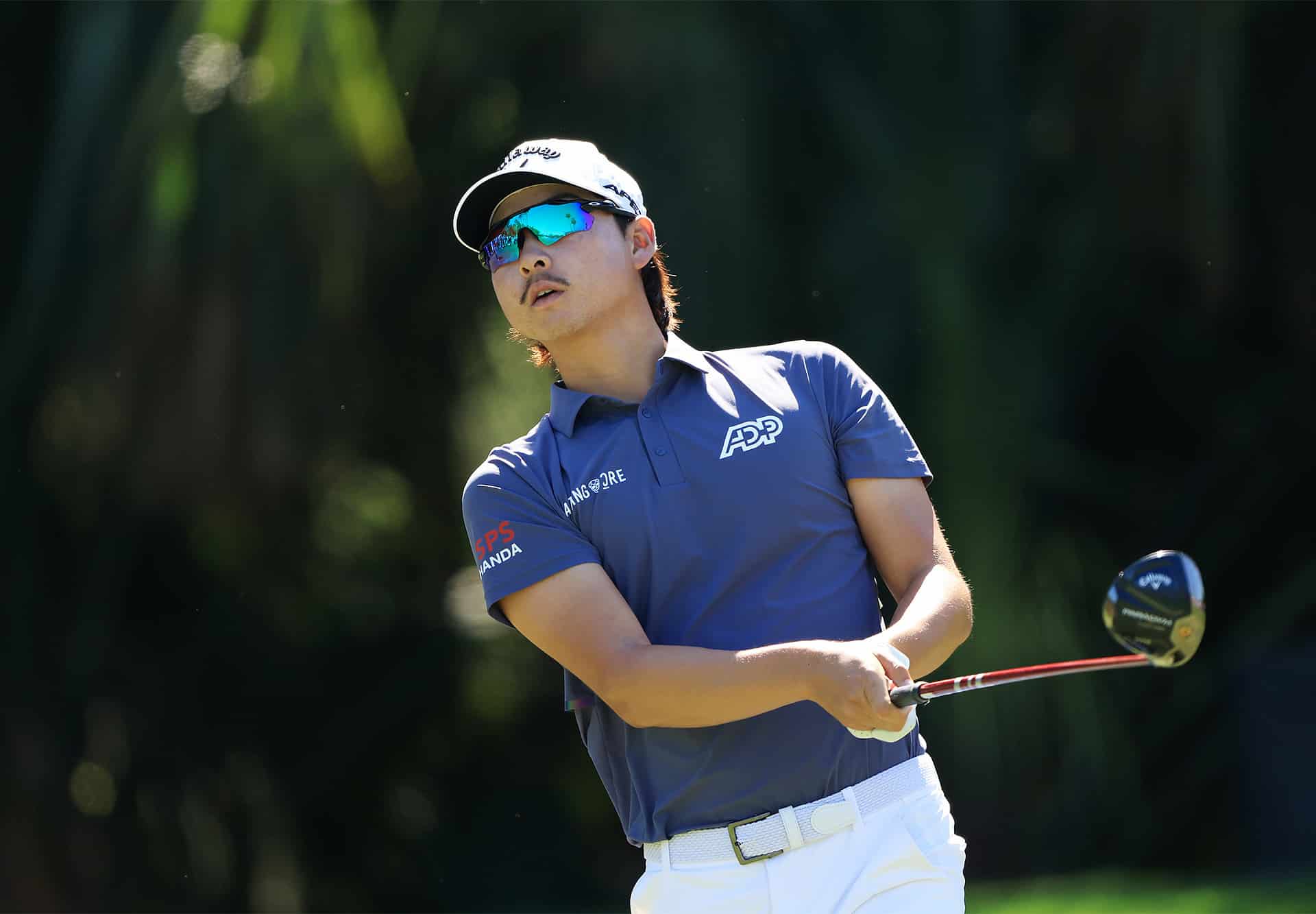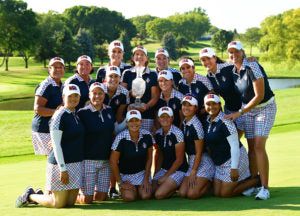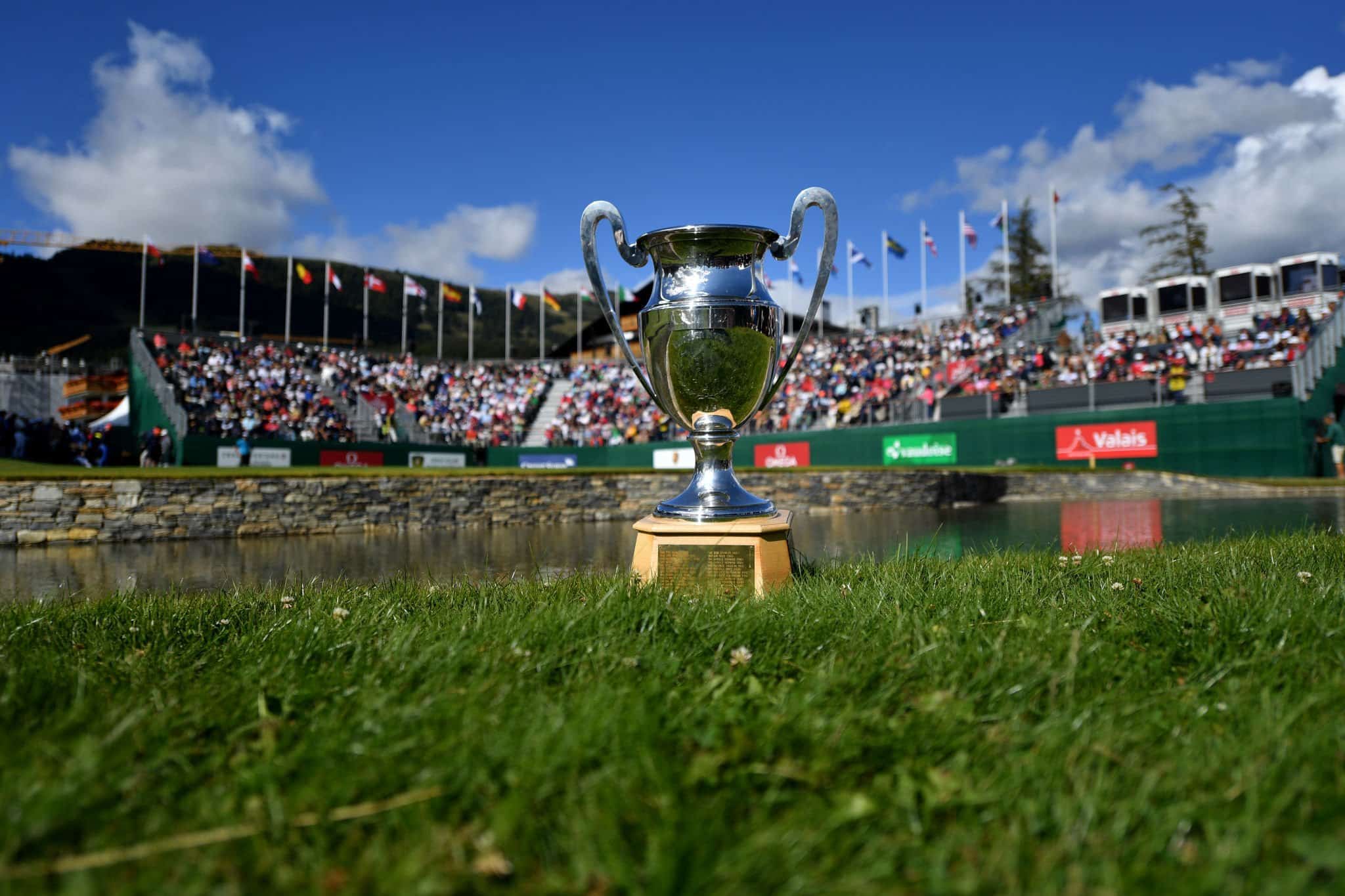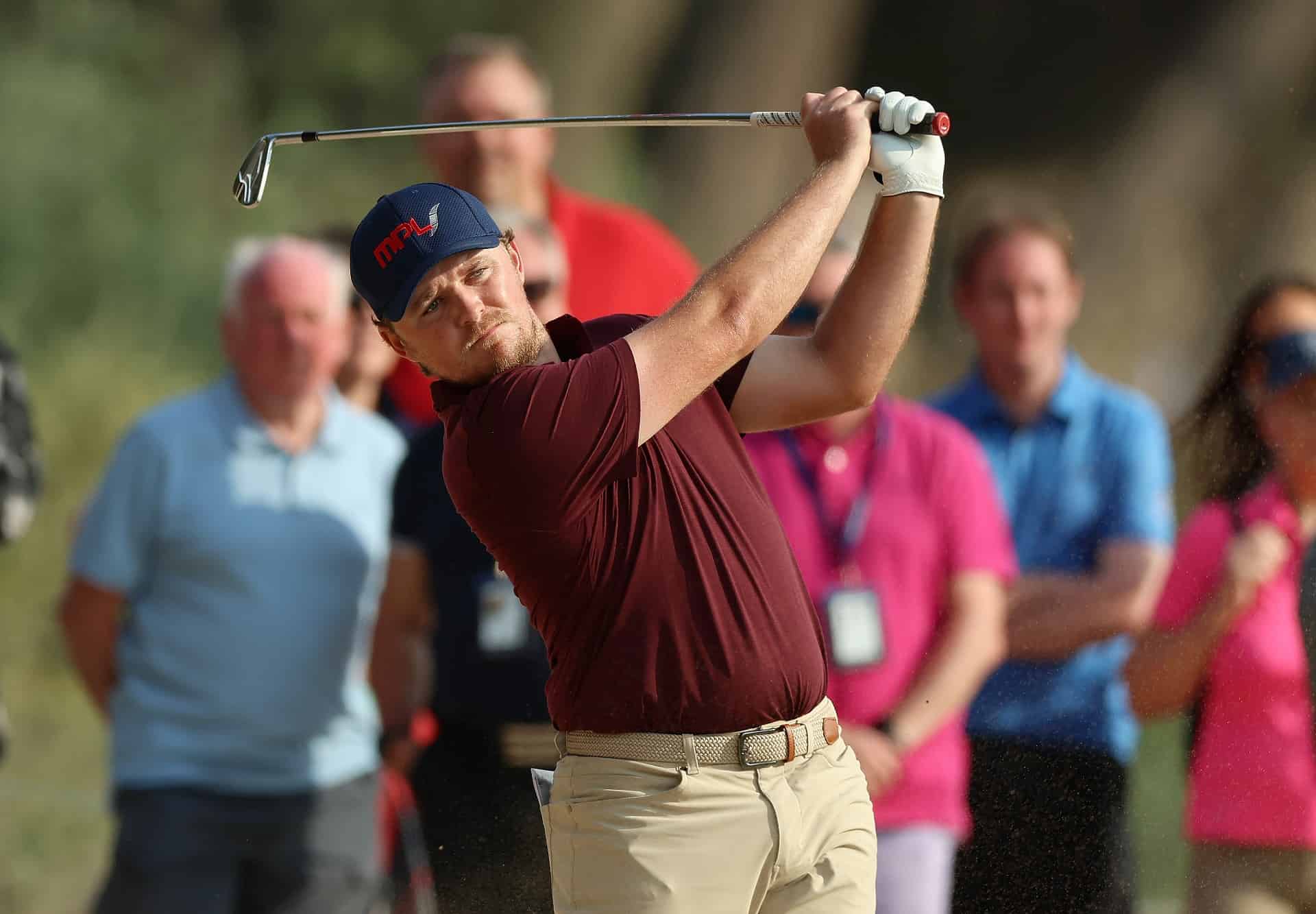
Golfing prodigies, child abuse, and Star Wars
by Pete Willett
It was during a half-time team talk as a pre-teen footballer that I heard my first racial slur. A parent tried to lighten the mood – we were probably losing – by telling a joke about an opposing player being from Pakistan. The child of the parent laughed. Some of my teammates joined in. Not wanting to appear impolite, I let out a hearty chuckle.
Whether through fear or misguided respect, children can be cajoled, manipulated, or bullied into anything.
If your desire is to shape a child into a professional athlete, there is a concept that 10,000 hours of structured training are required. The idea can be credited to the paper ‘The role of dedicated practice in the acquisition of expert performance’ written by Anders Ericsson in 1993.
My immediate response is that the sharp precision of emotional abuse is an inevitable tool when undertaking the task of mentoring the stars of the future.
Utilising my understanding of Ericsson’s piece, I devise a plan that will turn Harrison, my four-year-old son, into a pro golfer. I hope to gain a very slight insight into whether inflicting the patterns of emotional abuse can be conveniently ignored if ‘expertise’ is to be achieved.
The devised plan will last 15 years. It will require 15 hours of structured practice a week. It will cost my wife and me £20,000 (a very conservative estimate based on lazy calculations around the average annual expenditure for a keen player). This scheme will culminate in a 19-year-old ready to join the professional tour.
Pete Willett column
Unfortunately, Harrison does not love golf. Harrison loves computer games, asserting his opinion, and quoting Star Wars (this is no surprise… I am his father). Is forcing this plan on him immoral? Being relatively new to parenting, I still deal in absolutes. I’m scared he might grow into a drug-addled serial killer with multiple kids before hitting 16. I’m hopeful he will become the greatest ever athlete/actor/singer (or whatever else society pedastalises).
So I genuinely understand the fear that could make me force a gruelling regime on an unwilling participant. Adults know best!
After schooling, swimming lessons, bike riding, and all the other obligatory tasks required to create a competent version of a young human being, it’s a struggle to find a spare 15 hours.
But I manage to create a detailed timetable of ‘dedicated practice’ that includes seven hours every weekend and two hours a night, Monday to Thursday. This means we get the night off on Fat Fridays.
I create (steal from the internet) three practice drills that will become the cornerstones of my 15 hours a week for the foreseeable future: a putting drill that focuses on distance control, a putting drill that improves accuracy, and a chipping drill that introduces ball striking and control.
I tweak each of the drills so that they adhere to some of the key characteristics of dedicated practice: structured, measurable, requiring sustained focus, lacking in immediate rewards.
Pete Willett column
The purpose of the regime for the first few weeks is to achieve two aims:
- To familiarise Harrison with introductory golf skills that will enable him to adapt to the more difficult techniques at a later stage, when I will hand over to the tutelage of a coach.
- To instil a rigid habit that will force Harrison to take full responsibility for achieving something that I was never able to take responsibility for achieving personally.
The second point is vital. For me to actually enjoy living vicariously through my son, he needs to put in most of the effort. I have no desire to spend 15 hours a week, for the next 15 years, making sure he achieves everything I have ever wanted.
As recommended by the NSPCC, the patterns of emotional abuse are: belittling; ignoring as a means of punishment; and denying physical contact. With these tools in mind, I begin our first, hour-long practice session – the distance-control putting drill.
Harrison will continually hit balls from three different distances with the aim of making the ball come to rest in a designated zone (a large circle created using Teenage Mutant Ninja Turtle bandanas). We’ll spend 20 minutes at each distance, recording the number of shots taken and the percentage of shots that end in the zone. The only form of prize that Harrison is to receive is the pride you feel in a job well done… structured, measurable, requiring sustained focus, lacking in immediate rewards.
I am ready.

Pete Willett column
I explain the aims of the session to Harrison, warning him that I expect maximum effort.
“I’ll try,” he says.
“Do. Or do not. There is no try,” I respond.
He picks up the putter.
After nine minutes he keeps launching himself on the floor after each putt. I’m losing sustained focus. I could berate him for being worthless; the belittling would upset him enough that he would stop jumping around, and the long-term damage to his self esteem would make him more compliant. I decide to allow the launching because it’s quite funny.
After 23 minutes we move to the second distance. Harrison demands treats in order to continue. I shouldn’t offer immediate rewards. I could ignore his request and refuse to acknowledge him until he starts practising again; he would learn that my attention and approval is all he should crave. I decide to open a bag of Maoams because we love sweets.
After 38 minutes we move to the third distance. Harrison has started crawling on his belly whenever he needs to collect the golf balls. He then suddenly refuses to use the golf balls at all, insisting that a foam football would be better. The exercise has lost its structure and measurability.
He hits the football into the zone on the second attempt and runs towards me expecting an embrace. I could refuse; denying physical contact would help me to establish the boundaries required in this joint venture. I decide to allow the hug because I am so proud that he’s made the shot.
“That was great, kid. Don’t get cocky,” I say, in a half-assed attempt to refocus the session.
He responds by turning his putter into a lightsaber and striking my leg. I tell Harrison that I’m getting bored. He asks if I would like a split-screen battle on Plants Vs Zombies 2. I agree. Our first practice session ends after 41 minutes.
Pete Willett column
Our second practice session on the following day lasts for 35 minutes. The day after that, our third session doesn’t even come close to half an hour.
I never had a genuine intention of maintaining my dedicated practice experiment beyond devising some drills, creating a workable timetable, and completing a few training sessions. My brief flirtation with the concept of nurturing exceptional performance proved to me how quickly I would need to turn to the dark side if I were intent on Harrison becoming the GOAT in a field of my choice.
Sporting biographies are littered with accounts of parents (usually fathers) whose pushy methods are questionable. But, if demanding absolute silence during hours of practice, or building a machine that fires tennis balls at 110mph at a seven-year-old, or striking a child with a plastic pipe to prepare him for fighting, creates one of the best golfers, tennis players, or boxers of all time, is it justified?
The compassionate coach who nurtures tomorrow’s superstars without a hint of emotional abuse deserves absolute reverence.
Maybe my lack of faith is disturbing, but, having considered the dedicated practice required in acquiring expertise, I don’t understand how they can exist at all.






